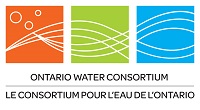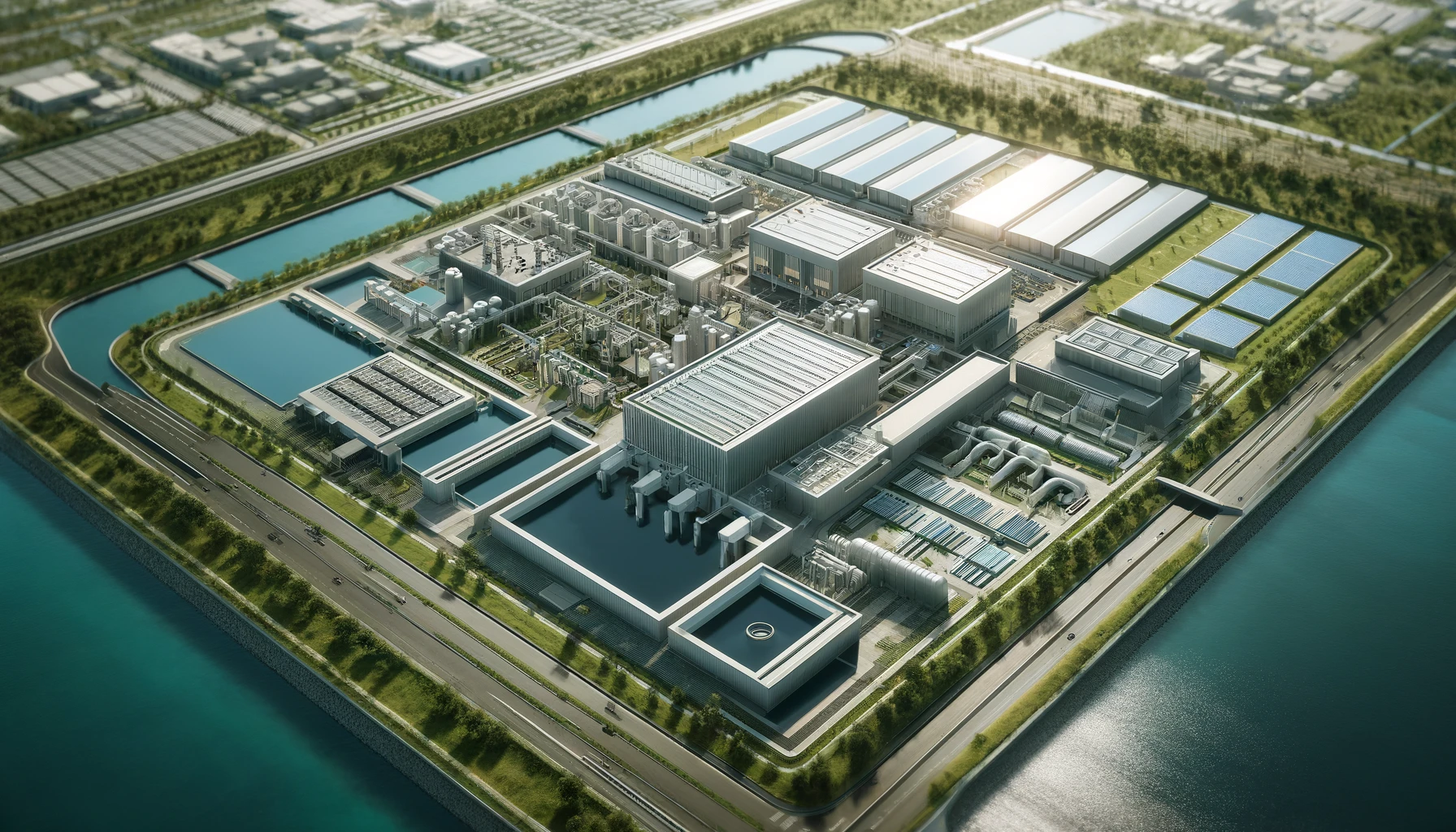Municipal water and wastewater systems are fundamental to our cities, crucial for public health, environmental sustainability, and economic prosperity. However, these systems face growing challenges from aging infrastructure, climate change, cyber threats, and evolving regulatory environments. To combat the increasing vulnerabilities and threats against our already fragile systems, we require an innovative and strategic approach that addresses both immediate issues and long-term sustainability.
Water management hinges on three essential principles: reliability, robustness, and resilience. These principles, often used interchangeably, need clear and distinct definitions to guide effective planning and implementation. The Ontario Water Consortium aims to foster a dialogue with communities by proposing actionable strategies municipalities can adopt to strengthen these qualities. Understanding and implementing these strategies will allow these systems not just to survive but thrive amid future uncertainties.
Moving Beyond Stability to True Resilience
The framework of reliability, robustness, and resilience (3Rs) offers practical strategies to future-proof water infrastructure. To better understand these concepts, consider the analogy of an effective emergency response team, consistently reliable, robust under pressure, and resilient in recovery and adaptation.
Reliability: A reliable system consistently meets expected performance standards without failure. Similar to emergency services consistently available during crises, reliable water systems ensure uninterrupted, quality service, maintaining public trust and confidence.
The Groundwater Replenishment System in Orange County, California, exemplifies reliability by recycling wastewater into potable water, reducing dependency on imported water sources and enhancing overall system reliability.
Robustness: Robust systems endure significant stress without substantial degradation. Comparable to infrastructure designed to withstand extreme weather, robust water systems remain functional even under severe strain, maintaining consistent service.
Washington D.C.’s Clean Rivers Project demonstrates robustness by capturing and managing excess stormwater, thus preventing sewage overflows into natural water bodies during intense rainfall events.
Resilience: Resilient systems quickly recover from disruptions and adapt to evolving circumstances. Like a community rebuilding stronger after disasters, resilient water systems adaptively respond to disruptions and continuously improve their capabilities.
Copenhagen employs smart sensors and automated controls in wastewater treatment to manage stormwater efficiently during extreme weather, reflecting adaptive resilience. Similarly, Houston’s comprehensive flood management initiatives following Hurricane Harvey illustrate resilience through infrastructure adaptation and strategic preparedness.
Practical Steps for Integrating the 3Rs
Establishing redundant safeguards, such as backup pumps, alternate water supplies, and supplementary IT systems, ensures continuity during disruptions. Examples include reserve filtration units, alternate water procurement agreements, and emergency power sources for critical facilities.
Building flexibility enables responsiveness to unforeseen challenges by diversifying resources and adopting modular, scalable technologies allows for adaptable emergency planning and rapid response capability.
Transitioning from centralized systems to decentralized systems reduces systemic vulnerabilities. Deploying neighborhood-level treatment plants or encouraging businesses to adopt on-site recycling strengthens local resilience.
Accountability ensures decision-makers and operators are directly influenced by the outcomes of their policies and actions. It encourages transparency through performance-based contracts, consistent public reporting, and active stakeholder engagement. Accountability also drives continuous learning and improvement, as those responsible for system resilience have direct incentives to enhance performance.
Proactive experimentation with small-scale innovative pilot projects to gain valuable insights with minimal risk. Municipalities can explore new technologies and approaches, including green infrastructure innovations, advanced water treatment processes, smart process control systems, and novel management practices and approaches, without compromising overall system stability.
A balanced approach which maintains a stable core infrastructure alongside strategic investments in innovation, such as advanced filtration and predictive maintenance techniques, balances traditional stability with future-readiness. Training programs and partnerships can facilitate the adoption of these new technologies, ensuring both technical and cultural readiness within organizations.
Creating resilient urban water systems requires more than technological innovation—it demands proactive leadership, integrated governance, and sustained community engagement. Utilities, governments, and communities must collaboratively embrace innovation, empower community participation, and apply adaptive management practices. By proactively implementing the principles of reliability, robustness, and resilience, municipalities can build infrastructures that not only withstand challenges but also thrive amid uncertainties. Now is the time to collectively commit to fostering innovative solutions and resilient infrastructure, ensuring sustainable and prosperous communities for future generations.


